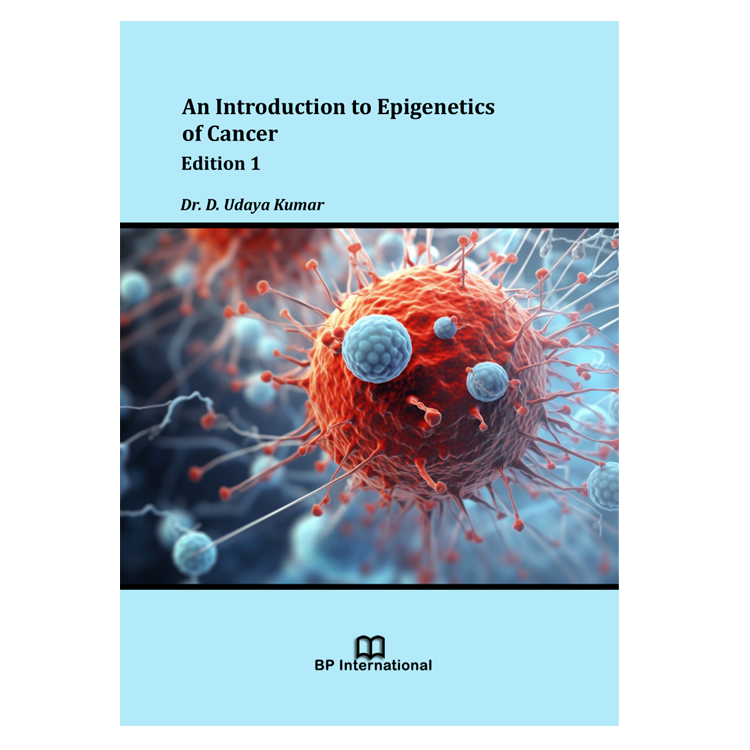The intricate relationship between genetics and cancer has been the focus of decades of scientific inquiry, and the field of cancer biology continues to evolve rapidly. In recent years, the emerging field of epigenetics has reshaped our understanding of how cancer develops, progresses, and responds to treatment. Where once cancer was primarily viewed through the lens of mutations in the DNA sequence, epigenetics introduces a new layer of complexity: the heritable changes in gene expression and cellular function that do not involve alterations in the underlying genetic code.
Epigenetic modifications—such as DNA methylation, histone modifications, and non-coding RNA regulation—are essential for normal cellular function and development. However, when these mechanisms are disrupted, they can contribute to the initiation and progression of cancer. Unlike genetic mutations, which are often permanent, epigenetic changes can be reversible, offering new opportunities for therapeutic intervention.
This book aims to provide a comprehensive overview of the intersection between epigenetics and cancer. It is intended for students, researchers, clinicians, and anyone interested in the dynamic interplay between genetic and epigenetic mechanisms in cancer biology. We will explore how epigenetic alterations contribute to cancer initiation, progression, metastasis, and resistance to therapy. Moreover, we will examine the latest advances in the development of epigenetic-based therapies and the potential for these to transform cancer treatment. In addition to reviewing the fundamental principles of epigenetics, this book will discuss cutting-edge research, highlighting the technologies and methodologies that are advancing our understanding of epigenetic regulation in cancer. From next-generation sequencing techniques to epigenome-wide association studies, these tools have opened up new avenues for discovery and personalized medicine.
Epigenetics offers a fresh perspective on cancer biology, revealing how environmental factors, lifestyle choices, and even aging can influence gene expression in ways that drive carcinogenesis. As we look toward the future, the integration of epigenetic insights with traditional cancer therapies holds immense promise for more precise, effective treatments that target the root causes of the disease at a molecular level.
I hope this book will inspire further research and discussion in the exciting and rapidly evolving field of cancer epigenetics. Ultimately, by expanding our understanding of the molecular underpinnings of cancer, we move closer to unlocking novel strategies for preventing, diagnosing, and treating this devastating disease.





